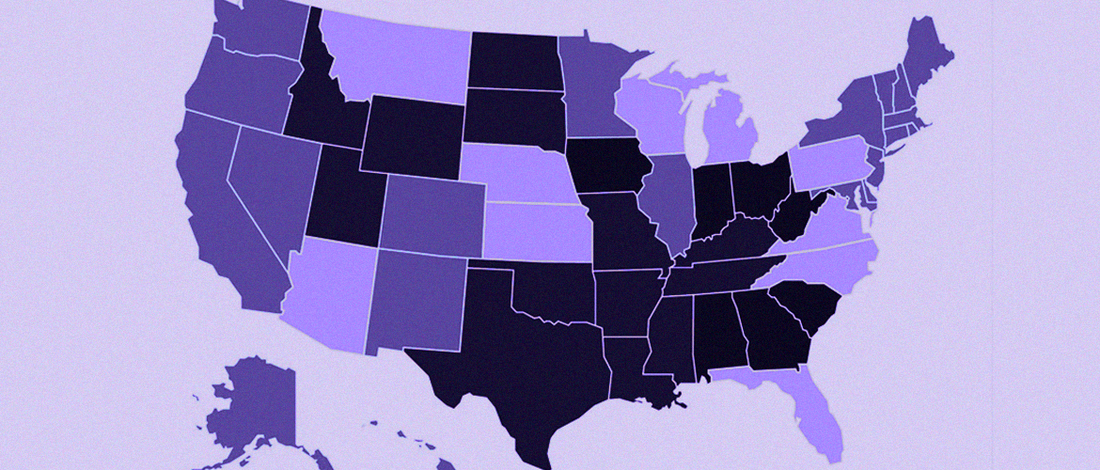Some people argue that allowing states to control abortion laws is “more fair” than federal control in the sense that it allows laws to reflect local values and gives communities more direct influence over policies.
But it’s important to think about whether it’s truly fair for everyone.
Here’s a closer look:
1. Abortions affect the individuals that have them, not the public or their communities.
Abortion is a personal medical decision, affecting only the individual and their immediate support network—not the entire community. Unlike decisions about schools or roads, which impact everyone, abortion is deeply personal. Decisions on abortion should be between individuals and healthcare providers, not the public.
2. Not everyone who votes on abortion is equally affected by abortion.
Democracy often means the majority rules, but fair democracy also protects individuals and minority groups. Voting on abortion laws lets everyone in a state—whether they’re directly affected or not—decide on something that might impact only a few people. This means that people who don’t need abortion access could impose rules on those who do, making personal healthcare choices subject to public opinion.
3. Federal protection ensured consistent and safe access.
Roe v. Wade established a federal right to abortion access, ensuring consistent and safe access across all states, whereas state-controlled abortion allows each state to impose its own restrictions, creating unequal access and often limiting rights based on geography. For example, since abortion is illegal in almost all of the southern states, individuals needing care have to travel far (i.e. multiple states away) in order to access one. Not only does this require financial resources to travel, but it means abortion providers in neighboring states become overwhelmed by all the incoming patients seeking care.
4. For good measure: just a reminder that “don’t have sex if you don’t want a baby” is impractical advice
Giving birth should not be treated as some sort of punishment for having sex. Not everyone has sex for reproduction. And while many people want to effectively prevent pregnancy, contraception isn’t foolproof. You may think you know someone who “uses abortion as birth control,” but the reality is: no one wants to have an abortion. Telling people not to have sex (i.e. abstinence-only education) has been proven to not work. Sexuality is a part of being a human being, whether you shame people for it or not. Comprehensive sexual education, on the other hand, is a much more effective tool for preventing pregnancy (thus, preventing abortions) than shaming people for having sex.


